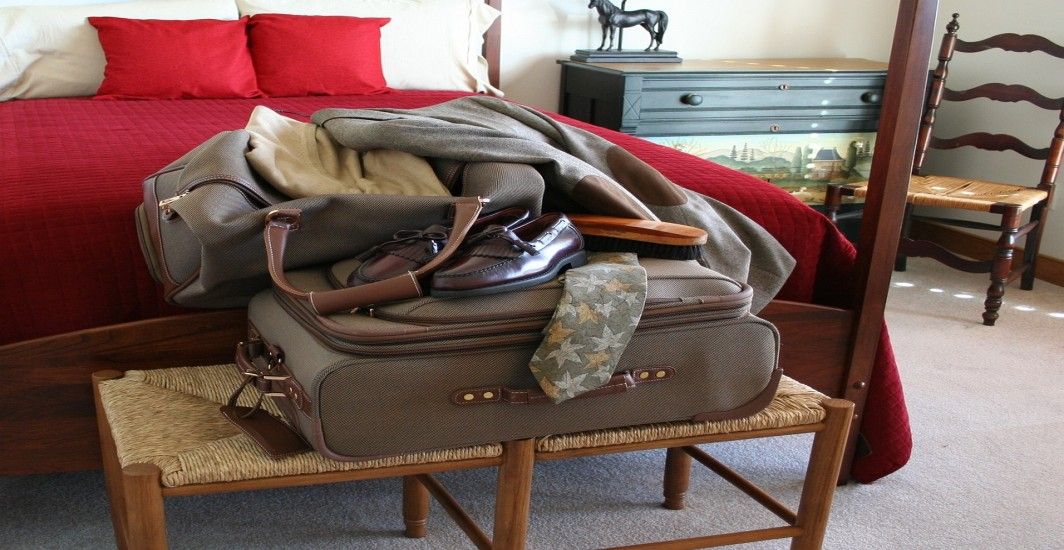General Health
Hair Loss In Men: Can Drinking Sugary Beverages Be Blamed?
By Apollo 24|7, Published on- 16 February 2023, Updated on -14 March 2024
Share this article
0
1 like

It is no surprise that hair loss is one of the most common yet worrying issues men face today. In most cases, hair loss is natural and progressive and is often referred to as male pattern baldness. And while genetics, age and lifestyle factors are all known to hurt male hair health, a recent study has revealed that drinking sugary beverages could be a contributing factor.
How Can Sugary Drinks Cause Hair Loss in Men?
A recent study on more than 1,000 men aged between 18 and 40 revealed that the likelihood of hair problems in men who consumed sugary drinks was greater than in those who didn't.
The Possible Reasons
The exact reasons behind this correlation are still unclear. However, some experts suggest that the high sugar content of these beverages could cause inflammation, preventing essential nutrients from reaching hair follicles. Thus causing them to grow weaker and eventually fall out.
Sugary drinks can also cause an insulin spike, and high insulin levels can trigger an increase in the production of androgen hormones, which are known to cause hair loss.
How To Prevent Hair Loss by Cutting Down Sugary Beverages?
Some evidence suggests that cutting down on sugary beverages can help prevent hair loss. Here are some steps you can take:
1. Replace sugary beverages with water
Drinking plenty of water can help keep your hair hydrated, which is essential for healthy hair growth. Drink at least 8-10 glasses of water daily to keep your body and hair hydrated.
2. Choose low-sugar drinks
If you still want to drink something other than water, choose low-sugar options like unsweetened tea or coffee, coconut water, or low-sugar fruit juices.
3. Eat a healthy diet
A diet rich in vitamins and minerals can help keep your hair healthy and prevent hair loss. Focus on eating plenty of fruits, vegetables, lean proteins, and whole grains.
4. Get regular exercise
Exercise can help improve circulation and blood flow to your scalp, which can promote healthy hair growth.
5. Reduce stress
Stress can majorly contribute to hair loss, so finding ways to reduce stress can be helpful. For example, practise relaxation techniques like yoga, meditation, or deep breathing exercises.
While cutting down on sugary beverages can be a helpful step in preventing hair loss, it is essential to remember that there are many factors that can contribute to hair loss, including genetics, hormonal imbalances, and certain medical conditions. So, if you are experiencing hair loss, you need to speak with your healthcare provider to figure out the underlying cause and the best treatment possible.
It's worth noting that hair loss is a natural occurrence in the ageing process. However, the issue arises when improper lifestyle choices cause excessive hair fall in men. Reducing the intake of sugary drinks and taking preventive measures are suggested to minimise the risk of hair loss. Always remember, prevention is better than cure.
Consult Apollo's Dermatologists
FAQs
Q. Does alcohol drinking cause hair loss in men?
No, drinking alcohol does not cause hair loss in men directly. However, research has shown that drinking sugary beverages increases the risk of male pattern baldness.
Q. How can you face hair loss from drinking sugary beverages?
Consuming sugary beverages can lead to higher levels of inflammation in the body leading to male pattern baldness.
Q. What is the recommended daily intake of sugary beverages?
It is recommended to limit sugary beverage consumption to no more than two servings per day.
Q. Are there any alternatives to sugary beverages?
Yes, there are many alternatives to sugary beverages, such as coconut water, tea and coffee.
Q. Are there any treatments for male pattern baldness?
Yes, there are several topical solutions and medications available for male pattern baldness.
Consult Apollo's Dermatologists
Medically reviewed by Dr Madhushree Agarwal.
Services
General Health
Leave Comment
Services
Recommended for you

General Health
How Does Soframycin Cream Aid In Infection Control?
Discover how the potent ingredients in Soframycin Cream effectively combat infections. Explore their role in infection control for healthier skin.

General Health
Surzole Antifungal Cream: Uses, Application, and Effectiveness
Surzole Antifungal Cream is an effective topical treatment for fungal skin infections, including Athlete's foot. Learn about its uses, how to apply it, and its benefits for clear, healthy skin.

General Health
Top 10 Travel Essentials For Your Business Trip
Preparing for business travel demands meticulous planning, especially when it comes to packing. This comprehensive guide highlights essential travel items often overlooked, ensuring a seamless journey. Adhering to this well-organised checklist guarantees a successful business trip, leaving no room for oversight and ensuring professionals are well-equipped for any scenario.
Subscribe
Sign up for our free Health Library Daily Newsletter
Get doctor-approved health tips, news, and more.
